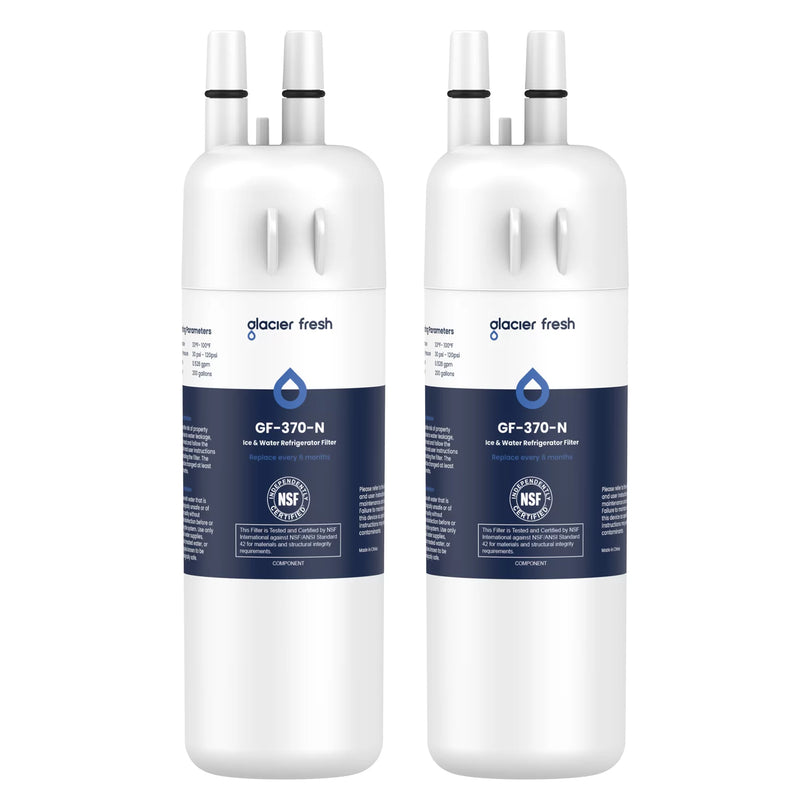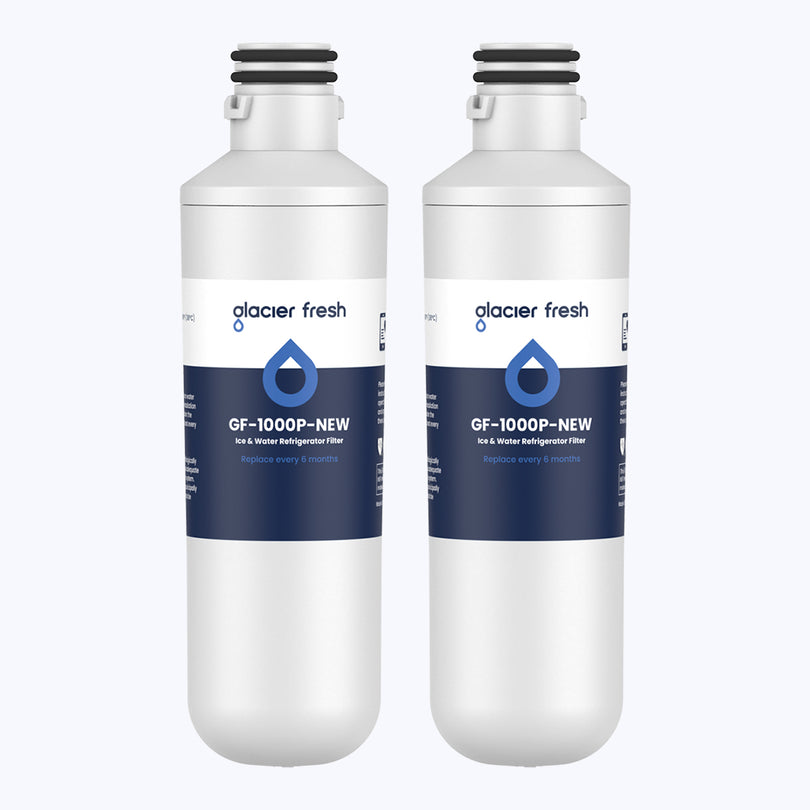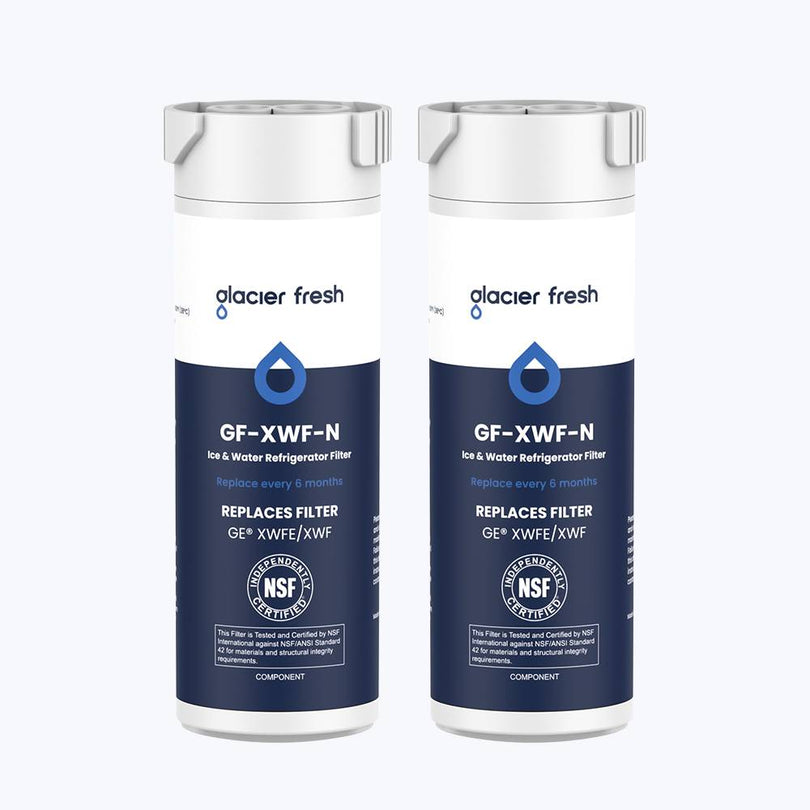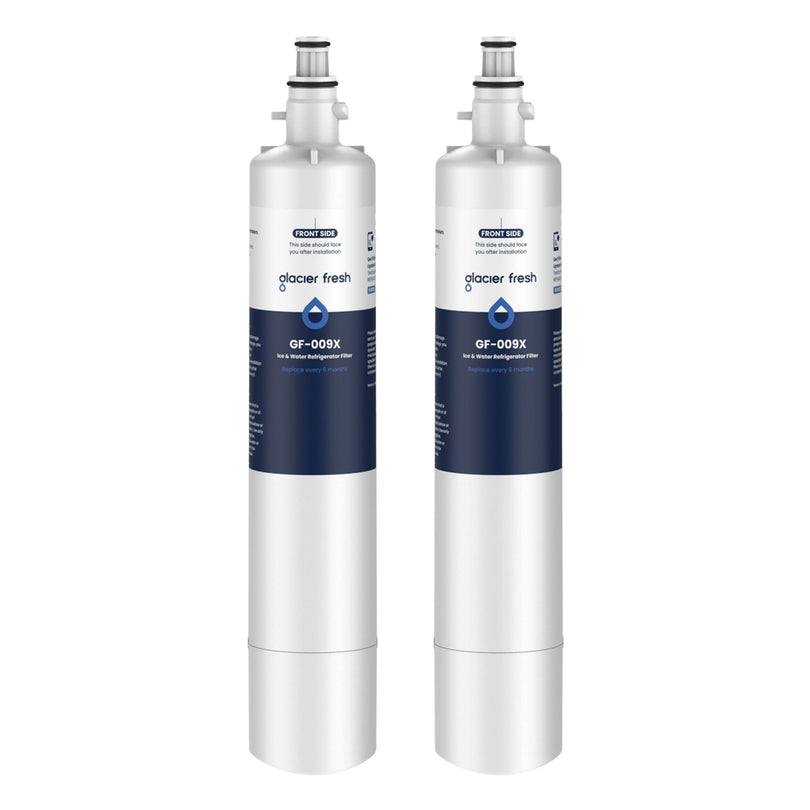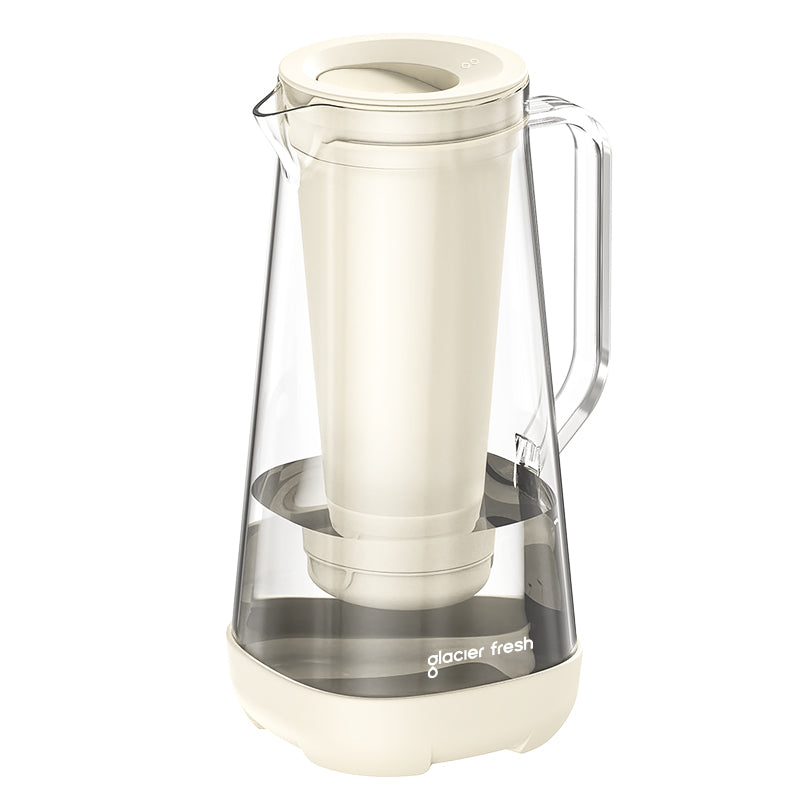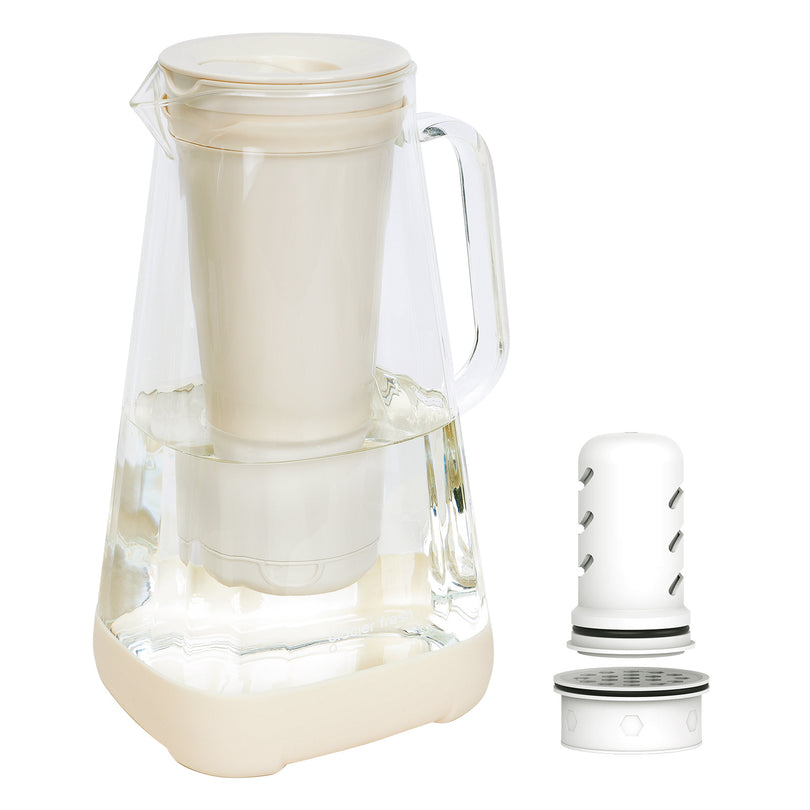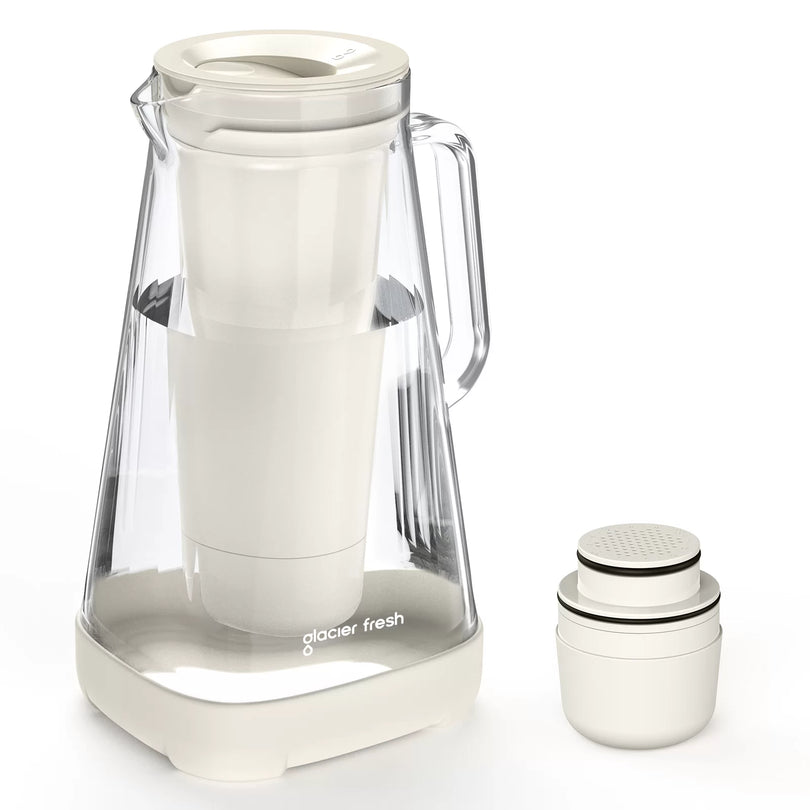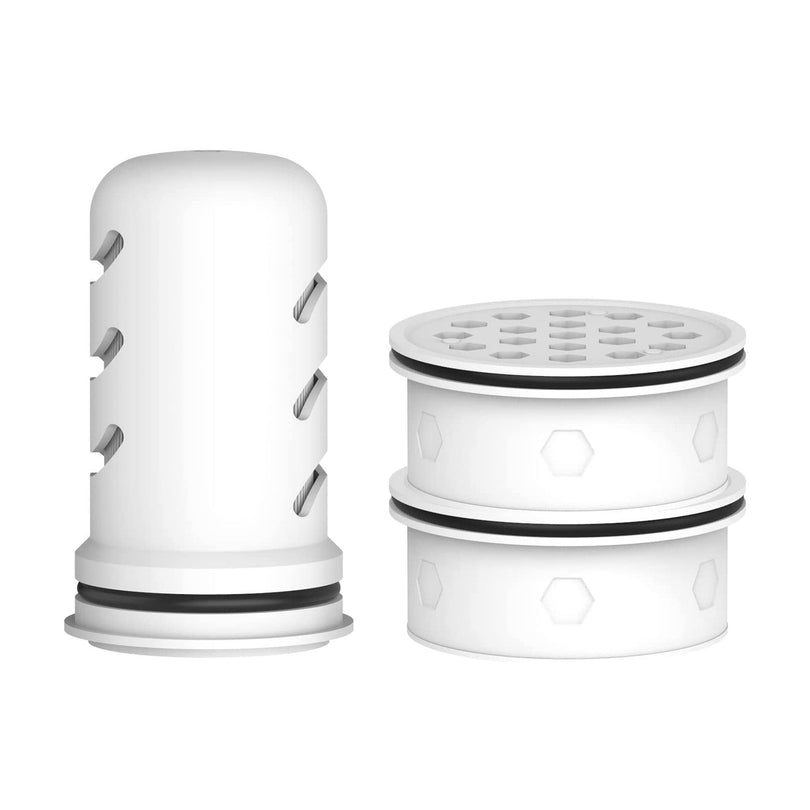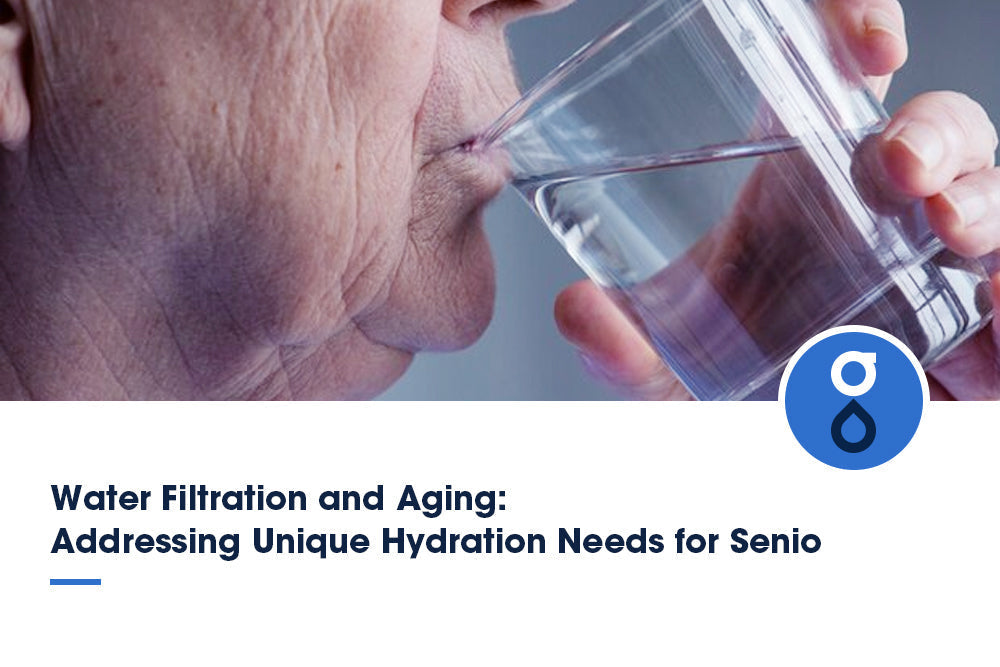Table of Contents:
Was ist Kaltwassertherapie?
Die Vorteile der Kaltwassertherapie
Ist die Kaltwassertherapie für jeden geeignet?
Wie beginnt man mit der Kaltwassertherapie?
Die empfohlene Häufigkeit und Dauer einer Kaltwassertherapiesitzung
FAQs
Abschluss
„Unlocking Health: Die unerwarteten Vorteile der Kaltwassertherapie für das körperliche und geistige Wohlbefinden“ ist Ihr Schlüssel zur Entdeckung der verborgenen Kraft des kalten Wassers.
In diesem Leitfaden erfahren Sie mehr über die bemerkenswerten Vorteile der Kaltwassertherapie für Körper und Geist. Von gesteigerter Energie über verbesserte Stimmung bis hin zu geistiger Klarheit – diese Therapie hat das Potenzial, ein völlig neues Wohlbefinden zu erreichen.
Aber ist es für jeden geeignet? Wie fängt man an? Und wie oft und wie lange sollte eine Kaltwassertherapie-Sitzung dauern? Tauchen Sie ein in die erfrischende Welt der Kaltwassertherapie und erleben Sie ein gesünderes, glücklicheres Leben.
Was ist Kaltwassertherapie?

Bei der Kaltwassertherapie wird der Körper in kaltes Wasser getaucht, um verschiedene gesundheitliche Vorteile zu erzielen. Die Kaltwassertherapie erfreut sich aufgrund ihrer zahlreichen Vorteile für das körperliche und geistige Wohlbefinden zunehmender Beliebtheit. Die Vorteile der Kaltwassertherapie sind vielfältig und umfassen eine verbesserte Durchblutung, reduzierte Entzündungen, eine verbesserte Immunfunktion, ein höheres Energieniveau und sogar Stressabbau.
Für die Kaltwassertherapie gibt es verschiedene Techniken. Eine gängige Methode sind kalte Duschen, bei denen mit warmem Wasser begonnen und die Temperatur allmählich auf kaltes Wasser gesenkt wird. Eine weitere Methode sind Eisbäder, bei denen man in eine mit kaltem Wasser und Eis gefüllte Wanne eintaucht. Falls verfügbar, können Sie auch Kaltwasserbäder in natürlichen Gewässern wie Seen oder Flüssen ausprobieren.
Bei der Kaltwassertherapie sind jedoch Vorsichtsmaßnahmen unerlässlich. Hören Sie auf Ihren Körper, beginnen Sie mit kürzeren Behandlungszeiten und steigern Sie die Zeit im kalten Wasser schrittweise. Vermeiden Sie außerdem extreme Temperaturen und überfordern Sie sich nie so sehr, dass Sie sich unwohl fühlen oder zittern.
Die Vorteile der Kaltwassertherapie

Bei der Kaltwassertherapie warten zahlreiche Vorteile darauf, von Ihnen entdeckt zu werden.
Verbesserte Durchblutung und Herz-Kreislauf-Gesundheit
Die Kaltwassertherapie hat zahlreiche positive Auswirkungen auf den Körper, darunter eine verbesserte Durchblutung und eine Stärkung des Herz-Kreislauf-Systems. Wenn Sie Ihren Körper kaltem Wasser aussetzen, verengen sich die Blutgefäße, was die Durchblutung verbessert.
Dadurch werden Sauerstoff und Nährstoffe effizienter an Ihre Organe und Ihr Gewebe geliefert, was zu einem verbesserten Energieniveau und einer besseren allgemeinen Vitalität führt. Die Kaltwassertherapie kann auch die Hautgesundheit verbessern, indem sie Entzündungen reduziert und die Poren verengt. Darüber hinaus kann sie den Stoffwechsel anregen und Ihnen helfen, Kalorien effektiver zu verbrennen.
Reduzierte Entzündungen und Muskelkater
Die Integration einer Kaltwassertherapie in Ihren Alltag kann Entzündungen lindern und Muskelkater lindern und so Ihr körperliches Wohlbefinden steigern. Kaltwassertherapie reduziert nachweislich Entzündungen, die die natürliche Reaktion des Körpers auf Verletzungen oder Stress darstellen.
Kaltes Wasser kann die Produktion entzündungsfördernder Moleküle verringern und so die Entzündungsreaktion reduzieren. Dies kann zu einer schnelleren Genesung und einer allgemeinen Schmerzlinderung führen. Es verengt die Blutgefäße und trägt so zur Verringerung von Schwellungen und Entzündungen in den Muskeln bei. Die Kälte betäubt zudem den betroffenen Bereich und sorgt so für eine vorübergehende Schmerzlinderung.
Verbesserte geistige Klarheit und Konzentration
Erleben Sie gesteigerte geistige Klarheit und Konzentration durch die unerwarteten Vorteile der Kaltwassertherapie. Kaltes Wasserbad hat nachweislich einen tiefgreifenden Einfluss auf Ihr geistiges Wohlbefinden und führt zu gesteigerter Produktivität, verbesserter kognitiver Funktion und verbesserter Konzentration. Hier sind einige wichtige Möglichkeiten, wie Kaltwassertherapie Ihren Geist schärfen kann:
- Erhöhte Produktivität: Die Kaltwassertherapie stimuliert die natürliche Reaktion Ihres Körpers, steigert das Energieniveau und die Wachsamkeit, was letztendlich zu einer erhöhten Produktivität führt.
- Verbesserte kognitive Funktion: Das Eintauchen in kaltes Wasser löst die Freisetzung von Endorphinen aus und aktiviert die Nervenbahnen Ihres Gehirns, was zu einer verbesserten kognitiven Funktion und geistigen Leistungsfähigkeit führt.
- Verbesserte Konzentration: Der Schock des kalten Wassers auf Ihrem Körper stimuliert die Freisetzung von Noradrenalin, einem Neurotransmitter, der Fokus und Konzentration verbessert.
- Geistige Klarheit: Die Kaltwassertherapie hilft Ihnen, Ihren Geist von Ablenkungen zu befreien, sodass Sie klarer denken und Entscheidungen treffen können.
- Reduzierte geistige Ermüdung: Es hat sich gezeigt, dass das Eintauchen in kaltes Wasser geistige Ermüdung reduziert, einen erfrischenden geistigen Schub bietet und Ihnen hilft, den ganzen Tag über geistig fit zu bleiben.
Verbesserte Stimmung und reduzierter Stress
Der Kontakt mit kaltem Wasser aktiviert das sympathische Nervensystem und setzt Endorphine frei, die die Stimmung heben und Stress reduzieren. Diese Endorphine wirken als natürliche Schmerzmittel und Stimmungsaufheller und lindern Stress- und Angstgefühle. Darüber hinaus verbessert die Kaltwassertherapie die kognitiven Funktionen, indem sie die Durchblutung des Gehirns erhöht und so die Konzentration und geistige Klarheit fördert.
Der belebende Schock des kalten Wassers stimuliert den Körper und sorgt für mehr Energie im Laufe des Tages. Schließlich fördert die Kaltwassertherapie die Schlafqualität, indem sie die Ausschüttung von Serotonin anregt, einem Hormon, das den Schlafrhythmus reguliert. Ein Bad im kalten Wasser kann also Ihre Stimmung, Ihren Stress, Ihre kognitiven Fähigkeiten, Ihr Energieniveau und Ihre Schlafqualität verbessern.
Stärkung des Immunsystems und Erhöhung der Widerstandsfähigkeit
Hier sind fünf Möglichkeiten, wie die Kaltwassertherapie Ihr Immunsystem stärken und Ihre Widerstandsfähigkeit erhöhen kann:
- Verbesserte Produktion weißer Blutkörperchen : Der Kontakt mit kaltem Wasser stimuliert die Produktion weißer Blutkörperchen, die eine entscheidende Rolle bei der Abwehr von Infektionen und Krankheiten spielen.
- Verbesserte Durchblutung: Kaltes Wasser führt dazu, dass sich Ihre Blutgefäße verengen und dann erweitern, was zu einer verbesserten Durchblutung und Durchblutung im gesamten Körper beiträgt.
- Reduzierte Entzündungen: Eine Kaltwassertherapie kann dazu beitragen, Entzündungen im Körper zu reduzieren, die oft mit einem geschwächten Immunsystem einhergehen.
- Erhöhte antioxidative Aktivität: Es wurde festgestellt, dass der Aufenthalt in kaltem Wasser die Aktivität von Antioxidantien im Körper erhöht, was zum Schutz vor oxidativem Stress beitragen und Ihr Immunsystem stärken kann.
- Erhöhte Stressreaktion: Die Kaltwassertherapie löst eine Stressreaktion in Ihrem Körper aus, die dazu beitragen kann, Ihre Widerstandsfähigkeit zu stärken und Sie widerstandsfähiger gegen Stressoren zu machen.
Ist die Kaltwassertherapie für jeden geeignet?
Die Kaltwassertherapie ist für Personen mit bestimmten Erkrankungen möglicherweise nicht geeignet. Obwohl sie zahlreiche gesundheitliche Vorteile bieten kann, gibt es Risiken und Vorsichtsmaßnahmen, die vor Beginn dieser Therapie zu beachten sind. Es ist wichtig, vor Beginn der Kaltwassertherapie einen Arzt zu konsultieren, insbesondere wenn Sie unter einer der folgenden Erkrankungen leiden:

Wie beginnt man mit der Kaltwassertherapie?

Beginnen Sie Ihre Kaltwassertherapie, indem Sie Ihren Körper langsam an kühlere Temperaturen gewöhnen . Der Einstieg in die Kaltwassertherapie kann einschüchternd sein, aber mit den richtigen Tipps und Techniken können Sie sicher einsteigen und die Vorteile genießen. Hier sind einige Empfehlungen, die Ihnen den Einstieg erleichtern:
- Beginnen Sie mit lauwarmem Wasser : Duschen Sie mit lauwarmem Wasser statt mit heißem Wasser. Dies hilft Ihrem Körper, sich allmählich an niedrigere Temperaturen zu gewöhnen.
- Verringern Sie die Wassertemperatur allmählich : Verringern Sie mit der Zeit langsam die Temperatur Ihrer Duschen. Beginnen Sie damit, sie alle paar Tage um ein paar Grad zu reduzieren, bis Sie kälteres Wasser problemlos vertragen.
- Beginnen Sie mit kürzeren Einwirkzeiten : Begrenzen Sie Ihre Zeit im kalten Wasser auf wenige Minuten. Mit zunehmender Toleranz können Sie die Dauer Ihrer Kaltwassertherapie-Sitzungen schrittweise erhöhen.
- Vermeiden Sie plötzliche Temperaturschwankungen : Vermeiden Sie beim Wechsel von warmem zu kaltem Wasser plötzliche Veränderungen, da diese Ihren Körper schockieren können. Passen Sie die Wassertemperatur stattdessen schrittweise an, um Ihrem Körper Zeit zur Anpassung zu geben.
- Hören Sie auf Ihren Körper : So reagiert Ihr Körper auf die Kaltwassertherapie. Sie müssen aufhören und sich aufwärmen, wenn Sie Beschwerden oder Nebenwirkungen wie Taubheitsgefühl oder übermäßiges Zittern verspüren.
Die empfohlene Häufigkeit und Dauer einer Kaltwassertherapiesitzung
Für optimale Ergebnisse empfiehlt es sich, mindestens dreimal pro Woche eine Kaltwassertherapie in Ihren Tagesablauf einzubauen. Dieser Temperaturbereich gilt als kalt genug, um die Reaktion des Körpers zu stimulieren, ohne zu extrem zu sein.
Bevor Sie mit der Kaltwassertherapie beginnen, sollten Sie sich der potenziellen Risiken bewusst sein und die notwendigen Vorsichtsmaßnahmen treffen. Kaltes Wasserbad kann bei unsachgemäßer Anwendung zu Unterkühlung führen. Es wird empfohlen, den Körper schrittweise an das kalte Wasser zu gewöhnen und mit kürzeren Sitzungen zu beginnen, die mit der Zeit schrittweise verlängert werden. Personen mit bestimmten Erkrankungen, wie Herzproblemen oder Morbus Raynaud , sollten vor einer Kaltwassertherapie einen Arzt konsultieren.
Um die Kaltwassertherapie in Ihren Alltag zu integrieren, können Sie morgens oder abends kalt duschen . Beginnen Sie mit einer warmen Dusche und reduzieren Sie die Temperatur allmählich auf kalt. Sie können auch Kaltwassertauchbäder oder Schwimmen in kaltem Wasser ausprobieren, sofern dies möglich ist.
Es ist wichtig, auf Ihren Körper zu hören und die Häufigkeit und Dauer Ihrer Kaltwassertherapiesitzungen an Ihr Wohlbefinden und Ihre individuellen Bedürfnisse anzupassen. Denken Sie daran, Ihre Sicherheit und Ihr Wohlbefinden an erste Stelle zu setzen, während Sie die Vorteile der Kaltwassertherapie nutzen.
FAQs
Kann eine Kaltwassertherapie beim Abnehmen oder bei der Verbesserung des Stoffwechsels helfen?
Kaltwassertherapie kann beim Abnehmen helfen und den Stoffwechsel verbessern. Sie hat nachweislich positive Auswirkungen auf die Kalorienverbrennung und kann Ihnen beim Erreichen Ihrer Gewichtsabnahmeziele helfen.
Gilt ein bestimmter Temperaturbereich als am wirksamsten für die Kaltwassertherapie?
Der optimale Temperaturbereich für die Kaltwassertherapie variiert, aber Wasser zwischen 10 und 15 Grad Celsius wird im Allgemeinen als ausreichend angesehen. Experten empfehlen, mit kürzeren Zeiträumen zu beginnen und diese schrittweise zu steigern, um negative Auswirkungen auf den Kreislauf zu vermeiden.
Gibt es eine bestimmte Tageszeit, die sich am besten für die Kaltwassertherapie eignet?
Die beste Zeit für die Kaltwassertherapie ist immer dann, wenn es in Ihren Zeitplan passt. Es gibt nur eine Zeit, die besser ist als andere. Finden Sie also eine Zeit, die für Sie passt, und genießen Sie die Vorteile.
Abschluss
Zusammenfassend lässt sich sagen, dass die Kaltwassertherapie zahlreiche Vorteile für das körperliche und geistige Wohlbefinden bietet. Diese natürliche Therapie bietet viele unerwartete Vorteile, von der Entzündungshemmung und Durchblutungsförderung bis hin zur Stimmungsaufhellung und Stressreduzierung. Auch wenn sie nicht für jeden geeignet ist, kann der Einstieg in die Kaltwassertherapie ganz einfach sein: Integrieren Sie kalte Duschen oder Tauchbäder in Ihren Alltag. Beginnen Sie langsam und steigern Sie die Häufigkeit und Dauer Ihrer Sitzungen schrittweise, um optimale Ergebnisse zu erzielen.

